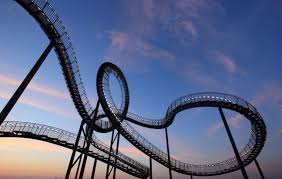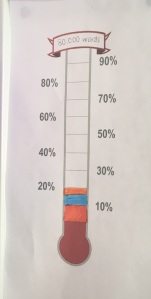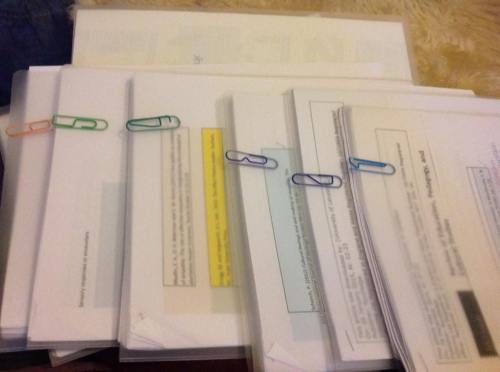Only a nine month break from blogging…
Yesterday I spent a day out with a friend at Chatsworth House. She had never been and I haven’t visited for *cough* maybe thirty years. I must have been quite young last time I went. The visit has inspired me to write on it, and also to apply some of my PhD findings and thoughts to what they present there.
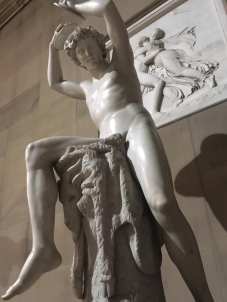 Firstly, I think I now know where my love of sculpture comes from. I can not recall another place where I would have been surrounded by so many neoclassical sculptures. Even to the point where I was commenting on how I had incorporated some of them subconsciously into my GCSE and A-Level art projects.
Firstly, I think I now know where my love of sculpture comes from. I can not recall another place where I would have been surrounded by so many neoclassical sculptures. Even to the point where I was commenting on how I had incorporated some of them subconsciously into my GCSE and A-Level art projects.
We also decided to ask as many questions as we needed. It became a little challenge after a while as we prompted three of the guides to refer to their notes! They were incredibly knowledgeable but I can imagine that faced with some of the questions we had would be dredging anyone’s recall ability!
Recently, I have been writing up my findings for my thesis. Visiting Chatsworth yesterday was like an academic palette cleanser. I found myself applying my theories to the visit – not so much watching others on their visit but thinking about what I was doing on the way around the House. Obviously the space is impressive. Each room was designed for a purpose and this is communicated well. The stories of the entrance hall and State Rooms all designed for a visit from William and Mary that never came to pass. The grandeur is all there as you would expect. Each room has a member of staff there to explain anything (you definitely get the impression that is what they are there for and not just to make sure you keep your hands off things). They also have interpretation “handouts” in each room with key information and questions to ask. You are actively encourage to engage with the staff for more information.
What is very clear is that this is a home. The staff mention the Duke, his dislike for text panels in his home and that he has an active interest in what is going on. Visually, it is as it should be – ready to be used as intended rather than as a static ensemble of objects. Every now and then there is a hint that it is lived in. A recent book on the table, a current photo in a frame and the piano music in its plastic folder. The lack of text focuses the visitor on the rooms rather than into reading any panels. Audio guides are free for those who want them, or guided tours for a small fee. The information is there, just not written down.

St Bartholomew – Damien Hirst
As we entered the Chapel we could smell the cedar wood panelling, as we spent a little time in there the smell of incense became stronger…on our second run at it (yes, we went around twice, once on a tour and the second on our own) it was heady with incense and you could see it hanging in the air. The incense is the Duke’s addition to the visit. We asked the staff about it as it seemed quite unusual. He likes to light incense in the Chapel – it carries quite far around the House. It added to the atmosphere in the Chapel, although reflecting on the historical aspect of this, the Chapel is post Reformation and so censers would not have been used in there.
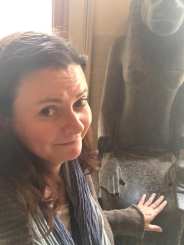 So I have covered sight & smell out of the senses (and space). In a lot of historical locations touching is discouraged (with the exception of Staircase House). There are a lot of objects at Chatsworth that are out of reach and untouchable for very good reasons. But there were a couple of opportunities to run a hand over something. On the tour you are encouraged to touch the statue of Sekhmet – both of them in fact. I also found myself running a hand along the intricately carved wood panelling or a door frame as I walked around. And who could resist running a finger over a silky smooth Canova. I could see that I wasn’t the only person doing this, and didn’t see any discouragement.
So I have covered sight & smell out of the senses (and space). In a lot of historical locations touching is discouraged (with the exception of Staircase House). There are a lot of objects at Chatsworth that are out of reach and untouchable for very good reasons. But there were a couple of opportunities to run a hand over something. On the tour you are encouraged to touch the statue of Sekhmet – both of them in fact. I also found myself running a hand along the intricately carved wood panelling or a door frame as I walked around. And who could resist running a finger over a silky smooth Canova. I could see that I wasn’t the only person doing this, and didn’t see any discouragement.
The House is audibly quiet. There is the hum of the visitors, interspersed with the slightly louder voices of the tour guides. Visitors talk quietly as they move from room to room as in many heritage and museum spaces. I am actually not sure if the visiting experience would necessarily be improved by the addition of “fake” sounds. Even with music it might detract from the sounds of some of the indoor fountains. Visitors with the audio guides already walk around in silence, staring at the rooms and objects. Visitor “hum” might be enough here.
There is a massive opportunity at Chatsworth to tell some of the hidden stories. Many of the Dukes and Duchesses have character and are scandalous for their times, but maybe not so much now. We don’t hear much about the butlers, housekeepers or people that made the House work. A little more story in the telling of the House would be great. There are a few “stories” but they felt a little informative. In doing this they might make the House more accessible. There are objects and influences from all over the world in one place – let’s address the colonial issues with this and in turn bring in more people who might feel a connection to those stories. The addition of more interpretation handouts in each room could be an easy solution to this.
It was though a great day out. We capped it off with a stroll in the gardens before heading home. Just one final warning…the sheep have no road sense! On the way in and out, I had to stop for a sheep to meander across the road!
Right, back to the thesis – 1000 words to do today and these ones don’t count!

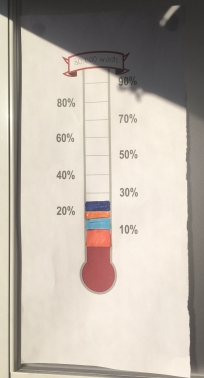
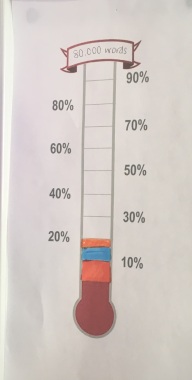


 ak (there’s no time for that!), but that actual no input, let your mind wander break. Here is what I changed, so that others who are struggling might find something that will help.
ak (there’s no time for that!), but that actual no input, let your mind wander break. Here is what I changed, so that others who are struggling might find something that will help.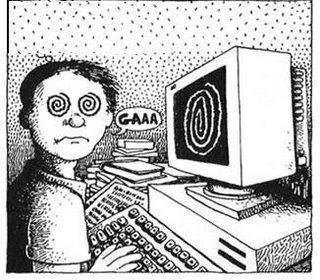


 th no hitches. There is no chasing of appointments or survey responses. There is no mess, no one has better things to do than come along to an information session or a museum visit.
th no hitches. There is no chasing of appointments or survey responses. There is no mess, no one has better things to do than come along to an information session or a museum visit.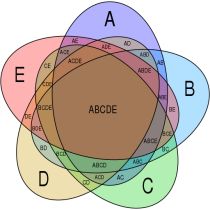 In the long run there is a reason for an absence and it’s not because they didn’t want to come.
In the long run there is a reason for an absence and it’s not because they didn’t want to come.